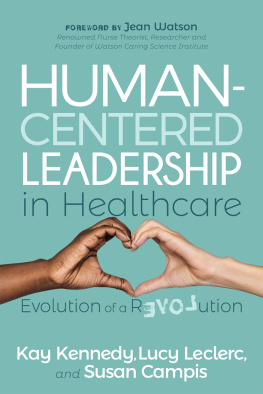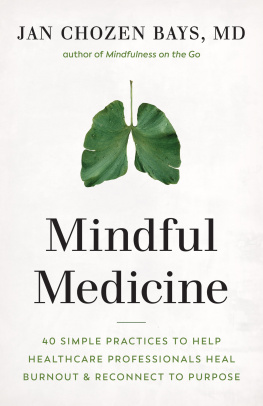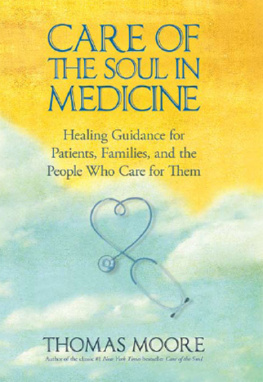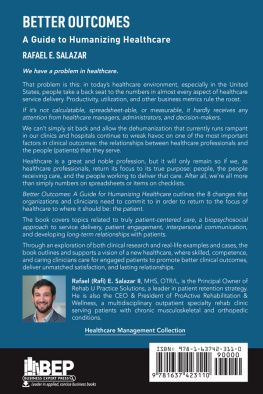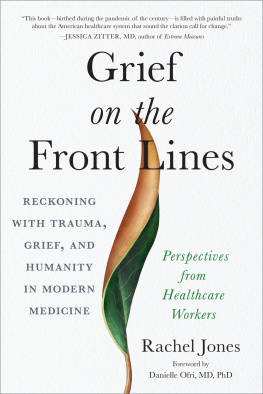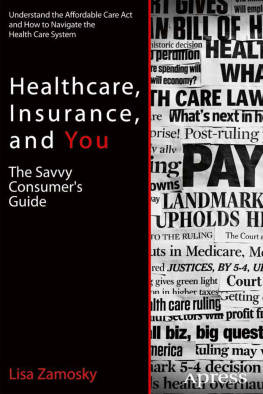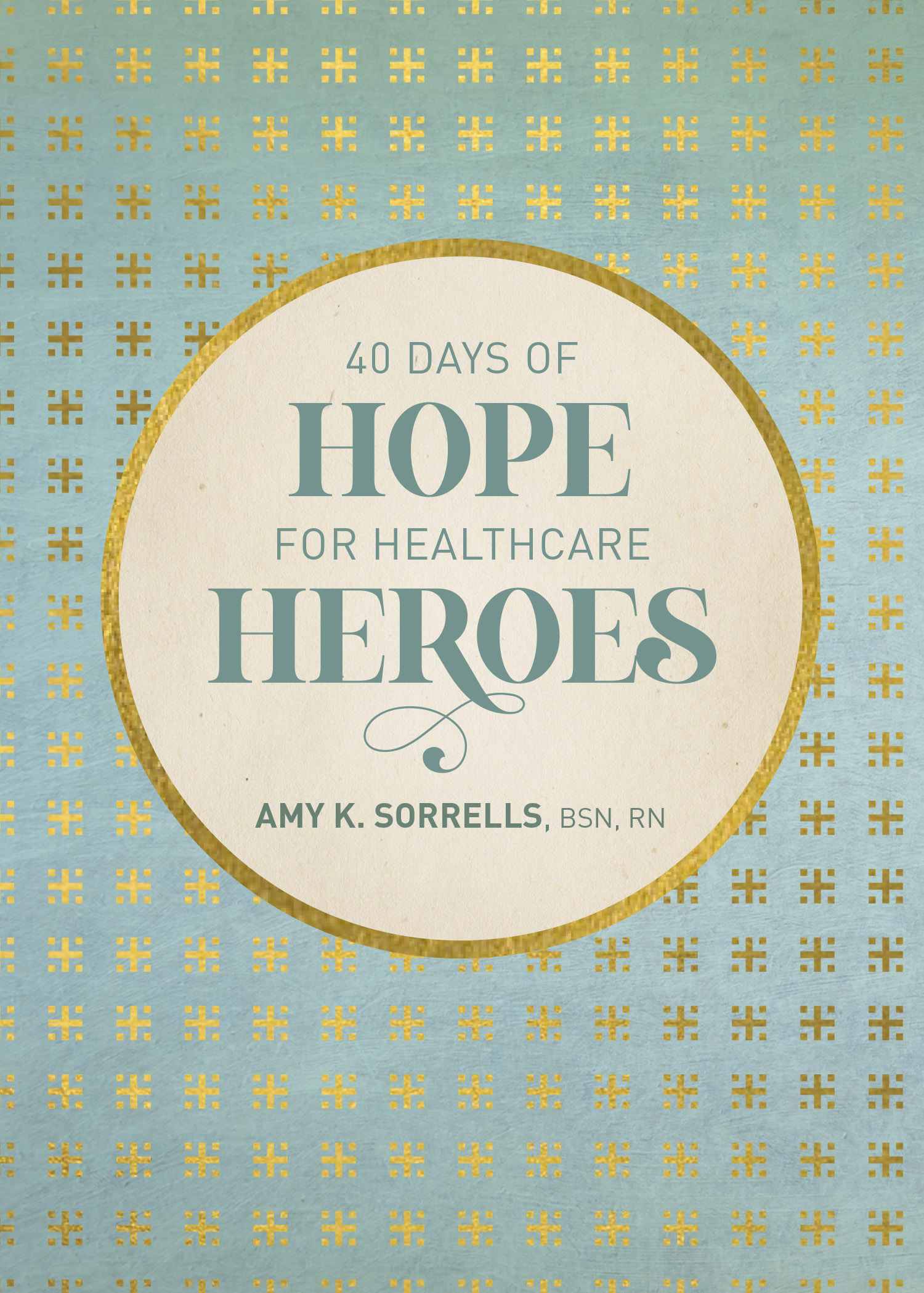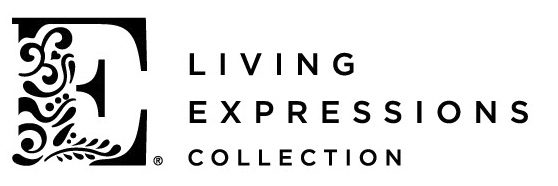Living Expressions invites you to explore Gods Word in a way that is refreshing to the spirit and restorative to the soul.
Visit Tyndale online at tyndale.com.
Visit Amy K. Sorrells at amyksorrells.com.
Tyndale, Tyndales quill logo, Living Expressions, and the Living Expressions logo are registered trademarks of Tyndale House Ministries.
40 Days of Hope for Healthcare Heroes
Copyright 2021 by Amy K. Sorrells. All rights reserved.
Cover illustration of cross pattern copyright Concentrated/Shutterstock. All rights reserved.
Cover photograph of gold texture by Katie Harp on Unsplash. All rights reserved.
Interior illustrations of eucalyptus, gingko, poppy, and lavender copyright re_margarita_art/Shutterstock. All rights reserved.
Edited by Kathryn S. Olson
Designed by Jacqueline L. Nuez
Published in association with the literary agency of WordServe Literary, wordserveliterary.com.
Scripture quotations are taken from the Holy Bible, New Living Translation, copyright 1996, 2004, 2015 by Tyndale House Foundation. Used by permission of Tyndale House Publishers, Carol Stream, Illinois 60188. All rights reserved.
While the stories in 40 Days of Hope for Healthcare Heroes are inspired by real-life experiences, all names, events, establishments, organizations, and locales have been changed to protect the privacy of both healthcare workers and their patients. Any resemblance to actual persons, living or dead, businesses, companies, or events is entirely coincidental.
For information about special discounts for bulk purchases, please contact Tyndale House Publishers at , or call 1-855-277-9400.
ISBN 978-1-4964-5587-1
Build: 2021-04-20 21:41:06 EPUB 3.0
To Birdie Gunyon Meyer, RN, MA, PMH-C,
who not only saved my life,
but also convinced me to enter that one little contest
and
In loving memory of
Jimmy Wayne Jim Hendrich
February 2, 1950April 8, 2018
Police officer and tireless advocate of healthcare and first responder heroes
INTRODUCTION
Dear Reader,
This is not a normal devotional. Nothing about being in healthcare nowor even before the pandemicwas really normal, after all. Our irreverent laughter veils the ache in our hearts, a sign of moral injury resulting from a stressed healthcare system. We wear watches that remind us to breathe. Behind our masks, fear and exhaustion plague us. Face shields cant protect us from the ambivalence we feel at work when we put our patients first, and know at the same time we are risking the health of our family and friends. This devotional is an attempt to gather the most common challenges and laments, joy, laughter, and hope we face at work to re-center us to our calling.
To some, the anecdotes may seem a bit jarringand in truth, some of them are. But as healthcare workers in the middle of the battle for patient-centered care while pressured to raise satisfaction scores, reverence is often the last thing on our minds. Out of the patients view, we are raw. We are ineloquent. We are abrupt and elbow deep in the mania of patient lives, while trying to cope with the demands and safety of our families. Appropriate coping is often an enigma for those of us who spend the majority of our days on the front lines. And yet, if we dont find ways to take care of our hearts, we wont be able to take care of our patients. If we dont find ways to turn our faces toward the Lord in the midst of the pain of our work, we will spiral into despair, as so many of our colleagues already have.
Thats what this book is about.
A couple of caveats: Most of these chapters are not my own personal experiences. Just like the teamwork exhibited in hospitals every day, multiple healthcare workers from across the country and across varied disciplines contributed thoughts, snippets of stories, essays, and even tears. To respect patient privacy, the utmost care has been taken to change names as well as to combine and/or rearrange scenarios and patient outcomes. I also took the liberty of writing each story in first person, in order to give you intimate access to the real-life emotion of each story.
It is my prayer that by the end of this book, you as a healthcare professional will know its okay to not be okay. We are trained to be strong and stoic, but now more than ever we need permission to admit we cannot do it all, at work or at home. Its okay to be angry and fearful about pandemics and epidemics and overtime and overload. Its okay if you dont feel Gods presence, you dont see him, and you dont agree with him. Its okay to not want to go on, to feel frustrated and exhausted and spent. Its okay to talk to God about all that. He is quite big enough to handle it.
Believe it or not, the Lord covets our complaints and pleas, even as we covet our next day off.
Most of all, it is my prayer that through these words you will rediscover your purpose and calling as a healer and a hero.
God chose you, after all.
And the world needs you now more than ever.
Amy K. Sorrells
DAY 1
For you are all one in Christ Jesus.
GALATIANS 3:28
Hes out of his mind, my night-shift colleague said as she gave me a report on the patient in room 474. Hes talking nonsense. Wrist restraints and hand mitts on. He fell off a curb and fractured his left lower leg; an ambulance brought him here. But he cant tell us about, and we cant locate, any family.
The situation wasnt unusual in our big-city hospital, where drifters, drug addicts, and dementia patients brought in from nursing homes often lacked family or other support. When I entered the mans room, I expected to perform the usual assessment and to do my best to keep him clean and comfortable. But as soon as I saw him, I knew something was amiss.
Mr. Sobol beckoned me closer to his bed, reaching for me with both hands, even though they were held in place with restraints. I came closer, keeping distant enough so that if he was suffering from delusional dementia, I would be clear of the punches and pinching Id learned the hard way to avoid. But rather than becoming more agitated as I approached, his countenance softened, if only slightly.
He spoke to me with urgency, but the sounds he made were unrecognizable.
Im Beth, your nurse. Im here to help you. Do you understand?
He repeated the same sounds, his grip on my hand tight with desperation. We both wanted to understand each other. But we couldnt.
Soon, though, I began to recognize the repeating consonants and vowels that indicated he likely was speaking another language, and not what coworkers had been calling gibberish.
Eventually, his locution slowed and the near-panic in his eyes receded. I eventually determined he was from Belarus. The hospital operator helped secure an interpreter who spoke Russian on a three-way line.
Privyet, Joseph! the translator said.
Josephs eyes brightened instantly when he realized he had a connection, a way to communicate, a way to finally be understood.
Over the course of the next few days, we scheduled meetings with Russian-speaking interpreters and each of Josephs physicians. We learned he had a sister in Chicago with whom he could stay once healthy enough to discharge. He had been traveling to see her on a Greyhound bus, and when hed gotten off at the Indianapolis station to stretch his legs and use the restroom, hed fallen. Unfamiliar with his language or accent, people at the bus station assumed he was drunk, and the misunderstanding continued from there.


